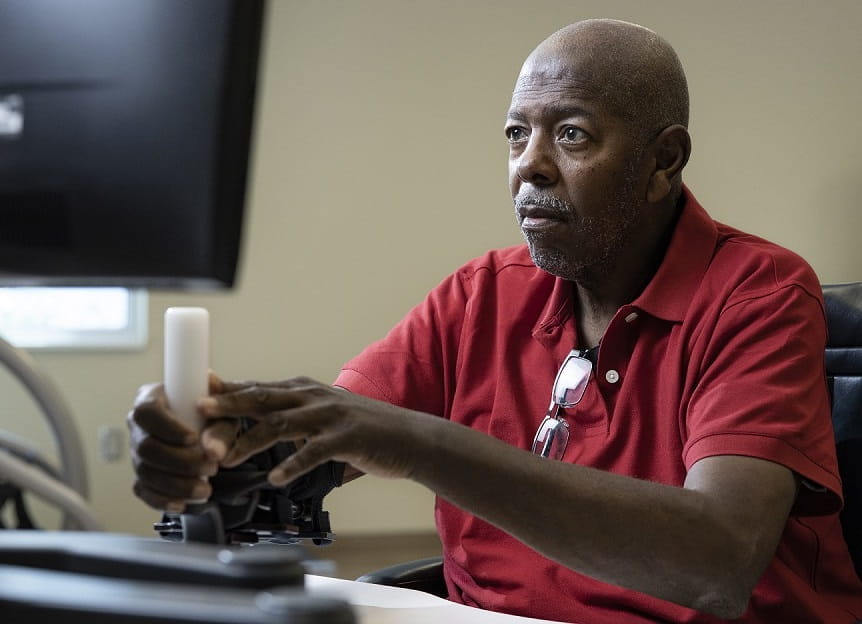Cognitive Challenges Post-Stroke
Problems with memory and thinking are very common after a stroke. Up to 60% of stroke survivors may have some type of cognitive impairment in the first year after a stroke.

Cognitive impairments and memory loss following a stroke are common and may affect your quality of life. This means that the way your brain understands, organizes and stores information is affected. Problem-solving ability is usually more prevalent in stroke survivors who had a right-brain stroke.
Typical cognitive problems may include:
- poor concentration or attention,
- forgetfulness,
- confusion,
- inability to process information normally and
- trouble with answering questions, planning, following conversations, remembering important facts, understanding where they are, reasoning or making judgements.
Stroke survivors with cognitive impairment may act without regard for safety without realizing what is happening. Medical history assessment, followed by physical and neurological examination of the stroke survivor are the first steps in proper diagnosis.
Screening for Cognitive Problems
Since cognitive and emotional problems are common after stroke and impact daily lives of stroke survivors and their family members, it’s important that each stroke survivor is screened for them. The following are recommended and standard assessments:
- Cognitive screening (soon after the stroke)
- Neuropsychological assessment
- Screening for cognitive consequences, such as the Montreal Cognitive Assessment (MoCa)
Cognitive impairment may be a result of damage to specific areas of the brain, even if you don’t experience motor or communication problems.



